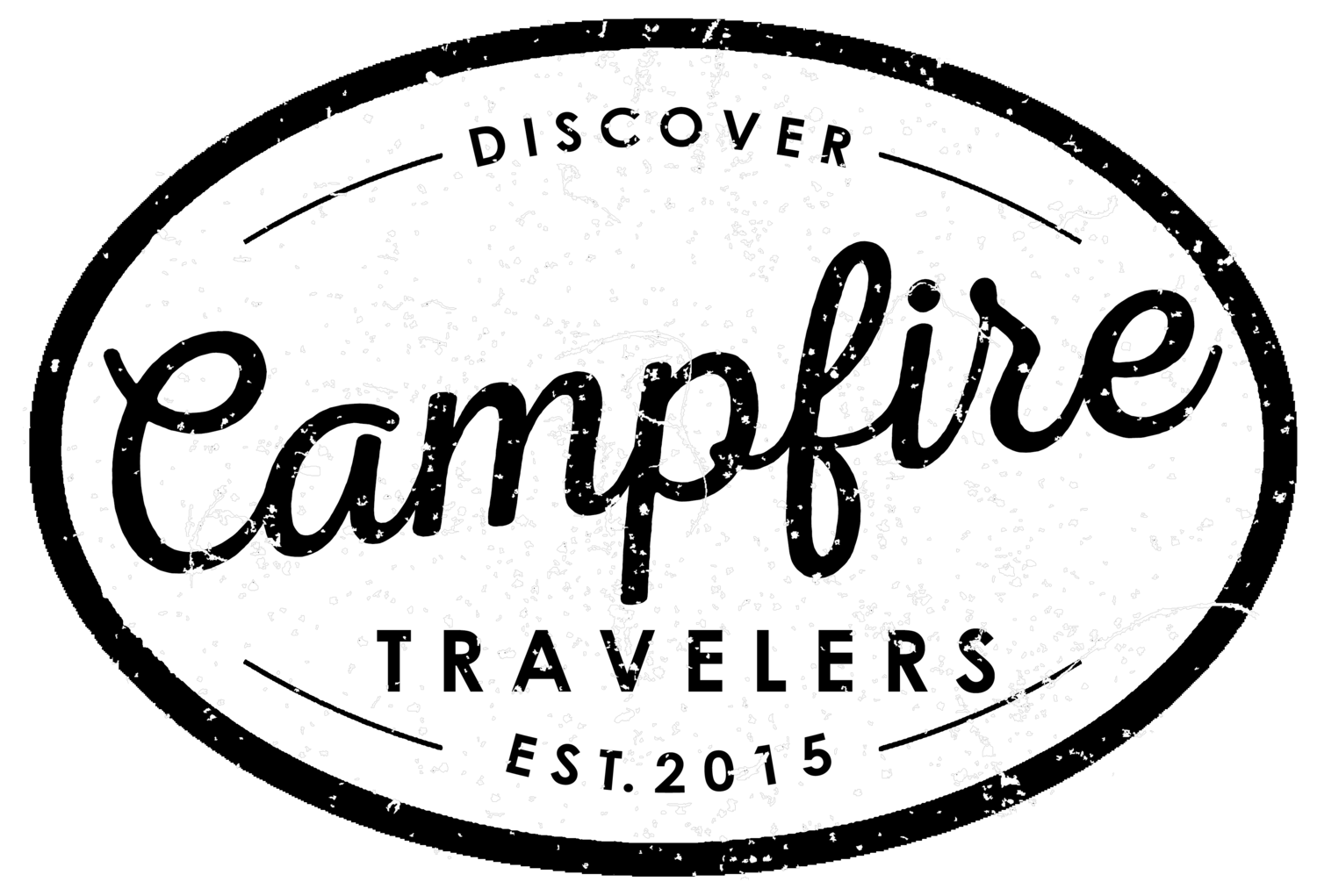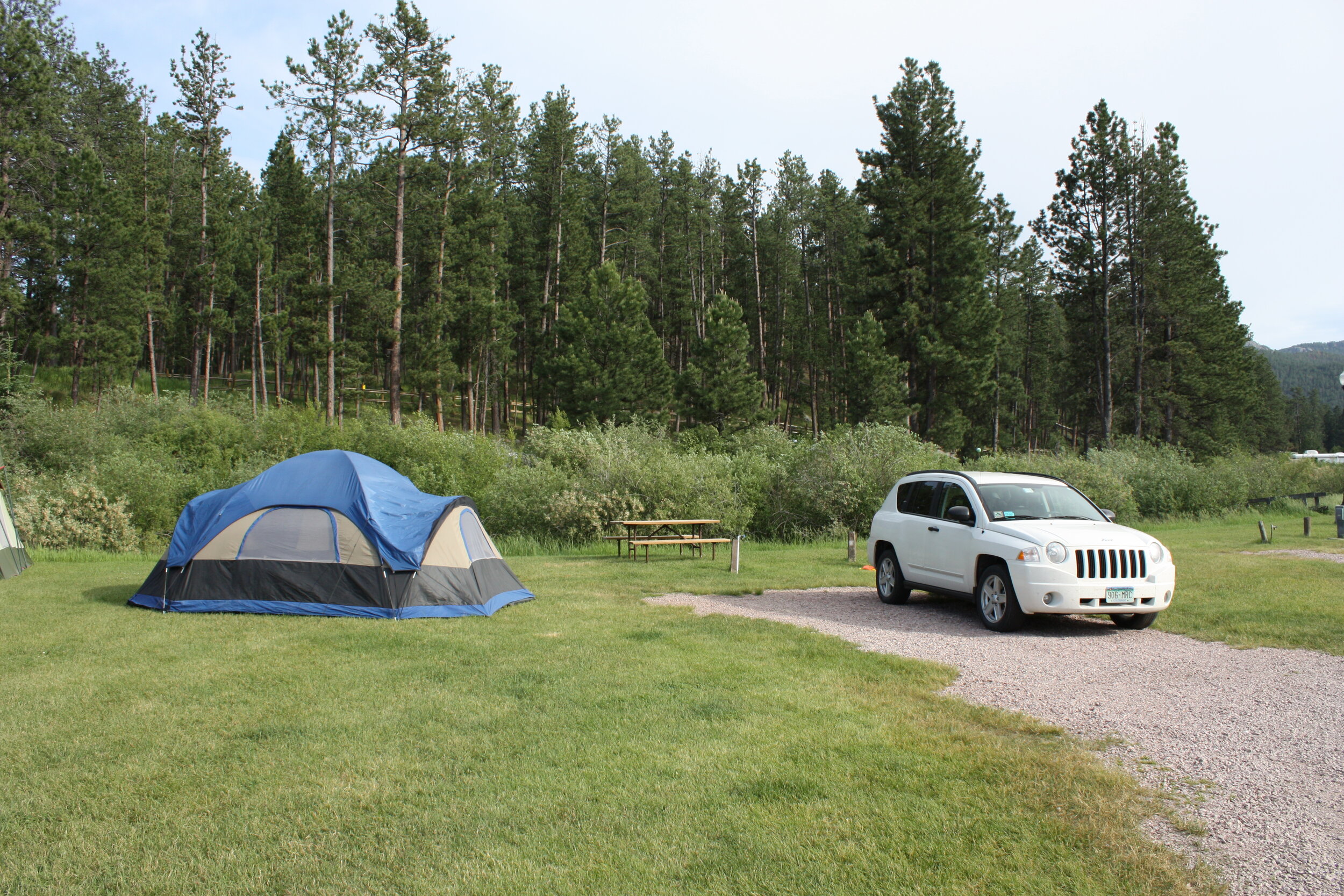Money-Saving Tips for Planning Your Next Family Camping Trip - 25+ Ideas to Keep Costs Low
Posted March 25, 2015
Updated January 6, 2025
Camping is one of the most affordable ways to bond with your family and enjoy the great outdoors. Whether you’re looking for a weekend getaway or a week-long adventure, camping offers an alternative to expensive family vacations. While a trip to Disneyland might only happen once a year, camping allows us to take multiple trips throughout the summer and create lasting memories without breaking the bank.
In this post, we’ll explore over 25 money-saving tips for planning your next camping trip that will keep costs low—without sacrificing fun or experience!
1. Plan Ahead to Avoid Overbooking and Extra Costs
Before you even start thinking about where to camp, grab a paper calendar, some markers, and everyone’s schedules. Start by writing down all the important events in your summer: doctor appointments, sports practice, work schedules, family gatherings, and school dates. By planning ahead, you avoid the stress of overbooking your time and facing unexpected costs—like the $65 cancellation fee we paid years ago when we realized we booked a camping trip the same weekend as a wedding!
2. Start Early for More Options and Savings
The earlier you start planning, the more options you’ll have. This gives you the flexibility to shop around for the best deals. Early planning allows you to pick your ideal campground and avoid those last-minute booking fees or higher prices.
3. Research Campgrounds for the Best Deals
Look online for campground directories, TripAdvisor reviews, or check out social media for campground recommendations. Even Google Maps can help you spot potential campgrounds nearby! Compare prices, amenities, and location to find the best value for your trip.
4. Think Tents for the Cheapest Option
While cabins and RV sites can be fun, they’re often the most expensive choice. A tent site is almost always the cheapest option available, and it’s perfect for families who want to embrace the true camping experience without spending extra money.
5. Shop Around and Compare Campground Prices
Campground fees can vary greatly depending on the area and type of campsite. If you’re willing to drive a little farther, you might find a more affordable campground nearby. National and state parks, private campgrounds, and even national chains like KOA or Jellystone offer great deals.
6. Age Matters: Understand Additional Fees
Each campground has different policies when it comes to children and additional fees. Some campgrounds offer free admission for kids under 18, while others charge per child—even as much as $10 per kid per night! Make sure to factor in these extra costs when comparing campgrounds.
7. Avoid Resort Fees Unless You Need Them
Some campgrounds with additional amenities (like pools, game rooms, or organized activities) charge resort fees. These fees are mandatory, even if you don’t plan on using the amenities. If you’re looking to stick to your budget, avoid these extras and focus on campgrounds that offer only the essentials.
8. Travel During the Week to Save Money
If you’re camping during peak season, try to schedule your trip for weekdays (Monday to Thursday). Campgrounds tend to charge higher rates on weekends, so traveling during the week can help you save money, especially if you’re flexible with your dates.
9. Be Aware of Holiday Pricing
Major holidays like Memorial Day, Father’s Day, 4th of July, and Labor Day often come with inflated prices. If you can avoid these busy weekends, you’ll save a significant amount. Consider camping right before or after the holiday to get a better deal.
10. Choose a More Affordable Region
We’ve learned from experience that camping in the Midwest is often much cheaper than camping out West. Look into different regions and compare prices to find a more budget-friendly destination.
11. Take Advantage of the Off-Season
Rates vary dramatically between peak season, shoulder season, and off-season. If you’re flexible on timing, choose to camp during the off-season when prices are lower, and campgrounds are less crowded.
12. Know Local Events and Avoid Price Hikes
Large events like rodeos, concerts, or state fairs can increase campground prices. Take note of local events and try to plan your trip around them. A good rule of thumb is to avoid popular event times like Sturgis in South Dakota or other big gatherings that can hike up prices.
13. Join Reward Programs for Extra Savings
Memberships like Good Sam, VKR, and Passport America offer great savings, including discounts on campsite fees, free nights, and cash rewards. Signing up for these programs can quickly pay for themselves on your trips.
14. Go Group Camping to Save on Multiple Sites
Camping with friends or family? Check if the campground offers discounts for booking multiple campsites together. Group camping can help you negotiate a better rate and spread the cost across several families.
15. Boondock for the Cheapest Option
Boondocking, or off-the-grid camping, is the most affordable way to camp. It requires no hookups and is often free or very low-cost. You’ll need to be prepared for limited amenities, but it’s a fantastic budget-friendly option.
16. Take Shorter Trips More Often
Short trips throughout the summer can be easier on your wallet and give you more opportunities to explore local campgrounds. Imagine taking a camping trip every other weekend—seven trips equals seven family adventures and countless memories!
17. Check Activity Costs Before You Go
Research the activities you plan to do while camping. Many state parks offer discounted passes for multiple visits, so buying a pass might save you money if you plan on exploring multiple parks. Some tourist destinations offer all-in-one admission cards that also provide savings.
18. Use the Internet for Discounted Tickets
Once you’ve decided on an activity, always check online for discounts or coupons before you go. You can often find deals on websites like Groupon or directly on the activity provider’s site.
19. Request Travel Guides for Local Deals
State tourism offices often send out free travel guides that include information about local deals on camping, attractions, and even dining. These guides can lead you to cheaper alternatives that might not be on your radar.
20. Be Flexible with Your Plans
Trying to fit in too many activities in a short time can be stressful and costly. Instead of cramming five activities into one day, enjoy one or two big activities to save money and time.
21. Borrow Gear Instead of Buying
Camping gear can be expensive, but you don’t have to buy everything. Ask friends or family if you can borrow camping equipment, or check online groups and forums for gear-sharing opportunities. This is especially helpful if you’re thinking about purchasing something big, like an RV.
22. Shop at Home Before Buying Camping Gear
Before you head out to buy camping gear, check around your house for items you already have. Old towels, kitchen supplies, or even toys can be repurposed for your camping trip. Sometimes you just need to get creative!
23. Double the Fun with Dual-Purpose Camping Trips
Combine your camping trip with another activity—like visiting family—where camping makes sense. For example, you can stay in a cabin near relatives instead of booking a hotel. This not only saves money but also maximizes your trip!
24. Simplify Your Gear to Save Money
While gadgets and shortcuts can be tempting, sometimes less is more. Stick to the basics—tent, sleeping bags, food, and a few essential tools. This will save you the most money in the long run and simplify your camping experience.
25. Negotiate or Barter for Discounts
If you have the resources and flexibility, don’t be afraid to ask for a discount or offer to barter. Some campgrounds may be willing to negotiate, especially if you’re booking multiple nights or visiting during off-peak times.
26. Stick to Your Budget
The most important tip of all is to create and stick to a budget. Set a limit for your camping trip—whether it’s $300, $500, or less—and plan accordingly. Budgeting carefully can help you maximize your funds and still enjoy a fantastic camping experience.
Camping on a Budget is Possible!
Camping is one of the best ways to experience the outdoors without breaking the bank. By following these money-saving tips and planning ahead, you can enjoy multiple family trips throughout the summer without going over your budget.
Now it’s your turn! What are your favorite money-saving ideas for planning camping trips? Share your tips in the comments below—we’d love to hear from you!
SAVE this for later!
SHARE this with a friend!





